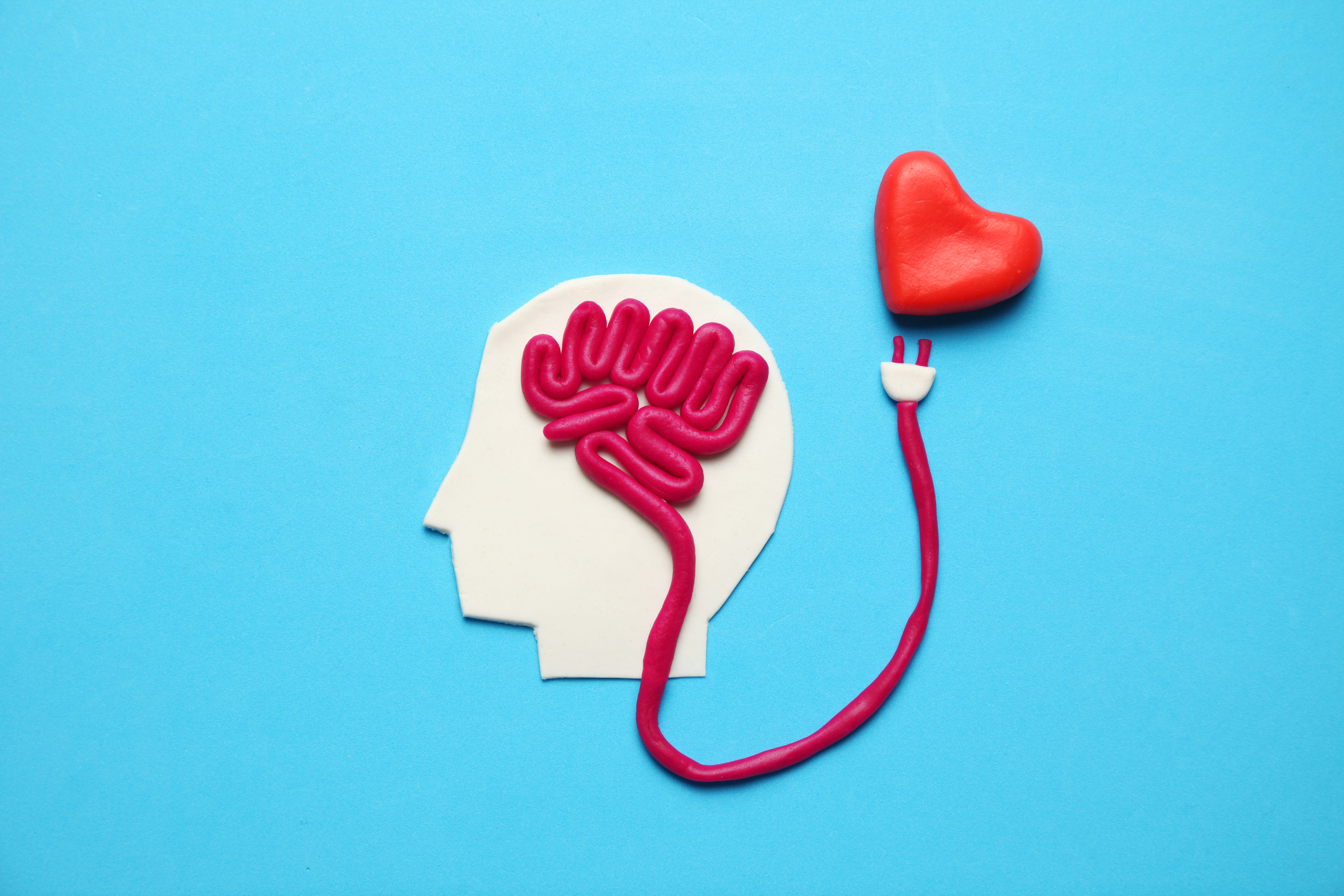Get Easy Health Digest™ in your inbox and don’t miss a thing when you subscribe today. Plus, get the free bonus report, Mother Nature’s Tips, Tricks and Remedies for Cholesterol, Blood Pressure & Blood Sugar as my way of saying welcome to the community!
How heart disease can set you up for Alzheimer’s

Cardiovascular disease (CVD) is one of the risk factors for Alzheimer’s disease. The reduced blood flow and potential for microscopic blood clots associated with CVD can cause damage to the brain’s blood vessels. And when this happens, beta-amyloid plaques and tau tangles are more likely to cause Alzheimer’s symptoms.
CVD-related narrowing and damage in blood vessels has also been linked with smaller brain tissue volumes and a decrease in structural integrity of the brain’s white matter, as well as white matter lesions, infarcts, brain atrophy, and an increased risk of vascular dementia.
All this research points to Alzheimer’s developing after the onset of CVD-related cerebral blood vessel damage. But a more recent study indicates the process may be underway well before that happens…
Heart disease causes brain issues early
The University of Sheffield study found that heart disease is a direct cause of brain dysfunction early on, which can lead to dementia even before plaque begins to build up in the brain’s blood vessels.
According to the study, heart disease triggers a breakdown in neurovascular coupling, a key brain function linking brain activity and blood flow. This means the brain gets less blood and less oxygen despite the same amount of activity.
In heart disease patients, this happens before atherosclerosis develops in the brain’s blood vessels and is a precursor to dementia.
These results help clarify why some forms of vascular dementia can happen years before cerebral atherosclerosis sets in.
“We’ve discovered that heart disease in midlife causes the breakdown of neurovascular coupling, an important mechanism in our brains which controls the amount of blood supplied to our neurons,” says Dr. Osman Shabir, lead author of the study from the University of Sheffield’s Neuroscience and Healthy Lifespan Institutes. “This breakdown means the brain doesn’t get enough oxygen when needed, and in time this can lead to dementia.”
Also in the study, researchers discovered if heart disease occurs in someone with a key Alzheimer’s gene, it can also triple the amount of beta-amyloid. This protein builds up in the brain and triggers Alzheimer’s, along with increasing levels of the inflammatory gene IL1 in the brain.
Shabir says the findings will help further understanding of the link between heart disease and dementia. The team is presently looking into whether use of an arthritis drug targeting IL1 could reduce or reverse the brain dysfunction that heart disease appears to cause.
Researchers also found that brain injuries can worsen the regulation of brain blood flow, which could be why patients’ symptoms often get worse after injuries or falls.
Heading off cerebral blood flow issues
It’s clear that one way to reduce your Alzheimer’s risk — particularly if you have the Alzheimer’s gene — is by preventing heart disease and the accompanying buildup of plaque in cerebral blood vessels.
Make sure you’re following a diet that keeps your blood pressure and cholesterol in check. The MIND diet is specifically designed with your brain health in mind, but it’s good for your heart as well.
Also, try to get some physical activity every day, even if it’s just a walk around the block.
Exercise is essential for keeping the blood moving. Even small amounts help; according to one study, walking in two-minute bursts every 30 minutes boosted blood flow and oxygen levels in the brain.
If you smoke, quitting is one of the best things you can do for your heart. Smoking is a major culprit in reduced blood flow as it has been shown to damage your blood vessels.
Oral chelation is a safe and noninvasive way to boost circulation and reduce plaque and toxins in your circulatory system. And nattokinase, an enzyme made from fermented soybeans, is great for helping your body naturally combat age-related blood thickening, allowing your blood to flow more smoothly and improving circulation.
As with any other supplementation regimen, make sure you check with your doctor first if you’re on medications, like blood thinners.
Editor’s note: There are perfectly safe and natural ways to decrease your risk of blood clots including the 25-cent vitamin, the nutrient that acts as a natural blood thinner and the powerful herb that helps clear plaque. To discover these and other secrets of long-lived hearts, click here for Hushed Up Natural Heart Cures and Common Misconceptions of Popular Heart Treatments!
Sources:
Heart disease causes early brain dysfunction and can treble key Alzheimer’s protein — University of Sheffield
Causes and Risk Factors for Alzheimer’s Disease — Alzheimer’s Association
Cardiovascular risk factors and future risk of Alzheimer’s disease — BMC Medicine














